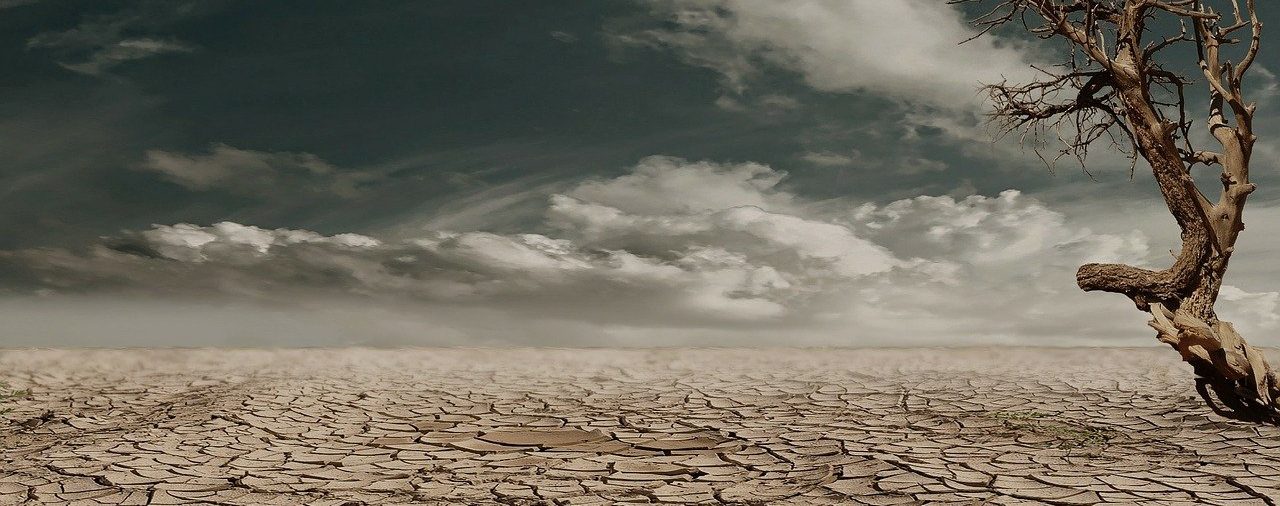TAKING ACTION FOR WATER
From a one-day concern to an everyday concern!
Water scarcity, a global issue
Every 22 March, World Water Day alerts us to the growing pressure on water resources and the ecosystems that depend on them. According to the OECD, 40% of the world’s population will face water shortages by 2050 and, according to the Global Water Institute, 700 million people could be displaced by 2030 due to water shortages!
Ever more alarming forecasts for France in 2050
The DRIAS report by Météo France forecasts absolute record temperatures by 2050, with an increase in average summer temperatures of 6 degrees.
A decrease in groundwater recharge of 10 to 25% on average depending on the region will also affect surface water, with a 10 to 40% decrease in annual river flow. Earlier droughts are already reducing access to drinking water in a growing number of municipalities.
Without decisive action, chronic water scarcity will not be solved
According to the IPCC, the greatest effects of climate change are water-related: droughts, floods, rising sea levels, storms and cyclones, and the disappearance of wetlands. Still marked by the devastating floods in the Alpes-Maritimes, France is facing earlier, more severe and longer low-water periods and rainfall deficits that affect biodiversity, agriculture and the cooling efficiency of nuclear power plant reactors.
The decrease in the quantity of water available generates conflicts of use, to which is added the degradation of water quality.
The place of water in the Climate and Resilience Bill
Voted on first reading in the National Assembly, its examination will continue in the Senate. It represents a real opportunity.
Only Article 19 makes the link between water and climate by specifying the notion of “respect for natural balances” from paragraph 1 of Article L210-1 of the Environment Code. Thus, the protection of water and its sustainable management must respect natural balances: infiltration of water into the groundwater, protection of biodiversity, fight against pollution and the effects of climate change.
This article 19 does not call into question the plurality of uses or the “right to water”. It simply affirms as pre-existing the duty to protect water at its source.
Without prioritising the protection and restoration of environments, water users will have nothing left to share!
We welcome the amendments concerning the management strategy for underground water resources, the positioning of water as a common national heritage, and the compensation of waterproofed surfaces by imposing a minimum share of non-waterproofed surfaces in the PLU. Provisions for diagnostics and work programmes to improve the state of drinking water networks, the restoration of aquatic ecosystems such as peat bogs, riparian forests, mangroves or degraded sea grass beds, and the need to monitor the evolution of water tables remain to be confirmed.
The best way to keep water is to let it circulate and infiltrate. The restoration of the ecological continuity of watercourses must be defended. The major challenge is to protect the resource and access to drinking water, the only use to be prioritised in the law. All other uses must be reconciled on the basis of reliable scientific knowledge.
To be protected, ecosystems must be managed in a balanced way. The Water Conferences established “nature-based solutions” as major tools for protection and restoration.
The signatories of this forum, led by Frédérique Tuffnell MP and Jean Launay President, represent a force for anticipation and action towards new solutions
The President of the Republic has announced an increase in France’s financial commitments to the world’s climate. Water and climate are intimately linked. But while the climate issue is global, the water issue is eminently local. One third of the six billion euros of annual French financial commitments will be devoted to measures to reduce the vulnerability of territories. While local authorities must strengthen the sound management of their water withdrawals and fight against leaks in their drinking water networks, they must also include in their “climate plans” measures to make them more resilient to floods, rainfall and exceptional droughts, including the reuse of treated wastewater.
Our group of signatories, like Jean Jouzel, strongly affirms the need for coherence between the future “Climate and Resilience” law and the Schémas Directeurs d’Aménagement et de Gestion des Eaux (SDAGE). These SDAGEs, which are currently being revised, must integrate the climate prescriptions. Their ambition and means must be urgently enhanced.
We also suggest revisiting the 15-year-old National Strategy for Adaptation to Climate Change, reaffirming the direction taken by the two Climate Action Plans (PNACC) of 2011 and 2018, and giving it a legislative character, as the Law on Energy Transition for Green Growth (LTECV) did for the National Low Carbon Strategy. We would like to see an independent monitoring mechanism for this strategy, as was done with the creation of the High Council for the Climate.
Finally, in line with the 2018-2019 Water Conferences, we call on the government to hold a Water General Assembly to collectively develop a strategy for sustainable water management integrated into the various public policies.
Tribune signed by:






